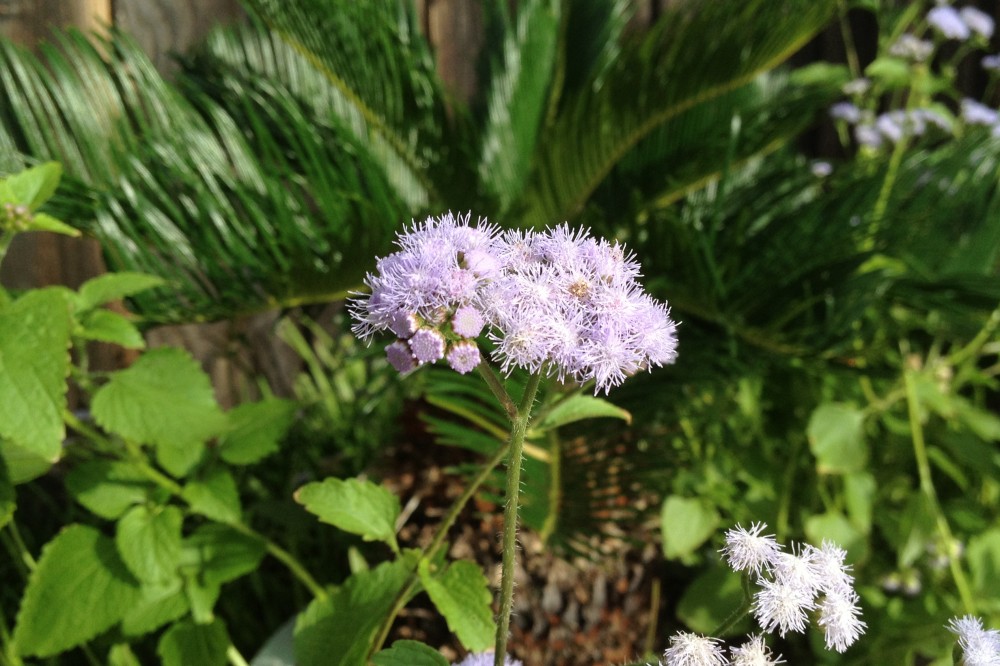In the U.S., our major holidays often have something or someone associated with them.
For St. Patrick’s Day, the wearing of the Green and a friendly Leprechaun guarding his pot of gold.
For Easter, the Easter Bunny and colored egg hunts.
For the 4th of July, the Flag, our Star Spangled Banner, and the fireworks that saw it first wave.
For Halloween, the Jack-O-Lantern and costumed candy-seekers.
For Thanksgiving, the Turkey and the Great Feast.
For Christmas, the crib of the Nativity and the lighted Tree with its tinsel and ornaments.
And, for New Year’s Eve and Day approaching, a Baby in top-hat and diapers, the tiny shoulders draped in the New Year’s banner.
But wait, what’s that I hear? Yes, there is something else playing in the background this last night and first day of the year, a sadly happy melody to bid farewell to the old and welcome in the new. “Auld Lang Syne” may make New Year’s in its notes the only Holiday remembered by a special song and its very special lyrics.
Robert Burns lived only 37 years. His roots humble, his days may have been shortened by early farmland labors. With little formal schooling but with the bard’s way with words, he is regarded as the national poet of Scotland. Robert wrote in the Scottish language and in a pick-a-pen Scots dialect the English and even some Americans can understand. The lyrical whimsy of his lines are memorable in their song-like character and catchy titles, to try a few: “A Red, Red Rose,” “Address to a Haggis,” “Coming Thro’ the Rye” and “To a Mouse.” Sometimes called the Peasant Poet, he had the gift of remembering his roots in words that were more than was there in what they recalled.
An old man sat on the bench outside the pub smoking.
“And what would it be you’re humming there, my good fellow?”
“A tune to fetch away the cold and remember yesterdays’ settings in tomorrow day’s rising.” The wrinkled face smiled as the grandfather blew a smoke ring to the evening still. “Have you the coin for a pint, young lad? It is the night of the New Year.”
Robert fetched the pint and sat and listened.
Afterword, he ran to his room and penned the lyrics to that old man’s song, but bless his true Scottish heart, Robert Burns could not restrain his enthusiasm or his natural poetic energies. The final product is as much Robert’s as that of the kindly old gentleman, a work that hadn’t existed before our Peasant Poet sat and listened and heard in what was there something that had not been heard before and graced the world and New Year’s Day with its new tune.
The first stanza raises a question:
Should old acquaintance be forgot,
and never brought to mind ?
Should old acquaintance be forgot,
and old lang syne ?
The chorus that follows, and is the most remembered of the song and our New Year’s cheer, reveals that Robert is likely recollecting with a lady friend:
For auld lang syne, my dear,
for auld lang syne,
we’ll take a cup of kindness yet,
for auld lang syne.
The next stanza is an offer to make a toast, to “take a cup o’ kindness yet,” even if Robert isn’t buying,
And surely you’ll buy your pint cup !
and surely I’ll buy mine !
And we’ll take a cup o’ kindness yet,
for auld lang syne.
In the following stanzas, their cups in the air, the young Robert remembers the good times with his good friend, the “run about the slopes,” “the daisies fine” there “picked,” having “wandered many a weary foot” together, and the two paddling “in the stream, from morning sun till dine.” Ahhh, those were the good times. “But seas between us broad have roared since auld lang syne.” The two have been separated and now our together again – or is this his wish that they were too? The final stanza takes us back to the beginning of the tune with the cups lifted as Robert reaches with his other hand to ask politely, “And give us a hand o’ thine!” With his parting words, the young poet echoes his chorus,
For auld lang syne, my dear,
for auld lang syne,
we’ll take a cup of kindness yet,
for auld lang syne.
They drink with their hands and hearts entwined to auld lang syne, to the “old long since” in its literal saying, to good friends and good times that were with us in their persons in the old year and will be with us in our memories in the new.
For auld lang syne.
I buried a friend today. He died on Christmas Day. A Robert, he was a bit of a Scot and much of a poet in his ways. I found Robert Burns before the funeral and left to finish this later, after saying Goodbye to our Robert.
For Robert, dear friend, and for all the other good friends and good times in this year leaving, on the first second of the new day of the next year arriving, with others close by, our glasses raised and joined,
We’ll take a right good-will draught,
For auld lang syne,
And for Robert,
Grandpa Jim
